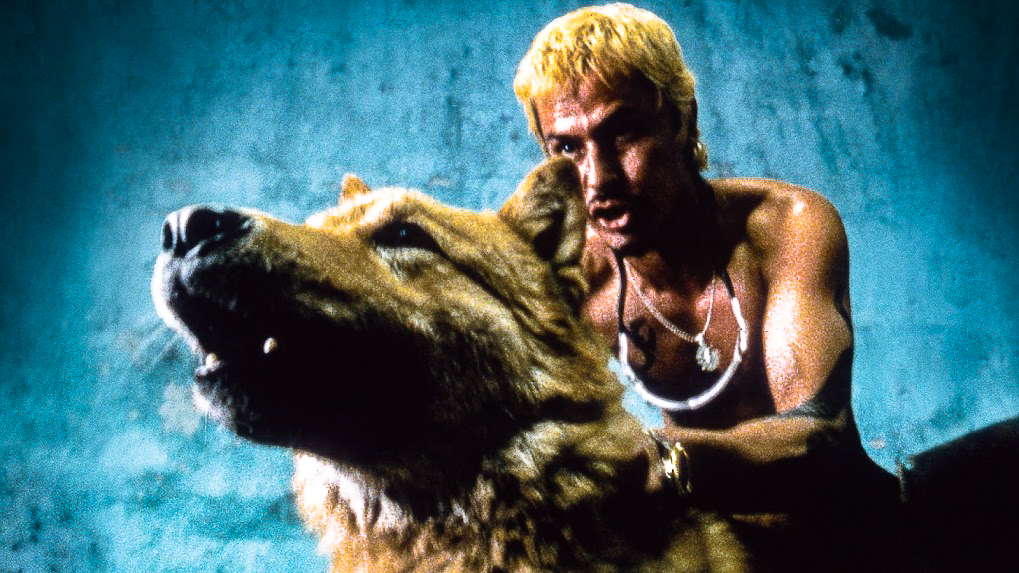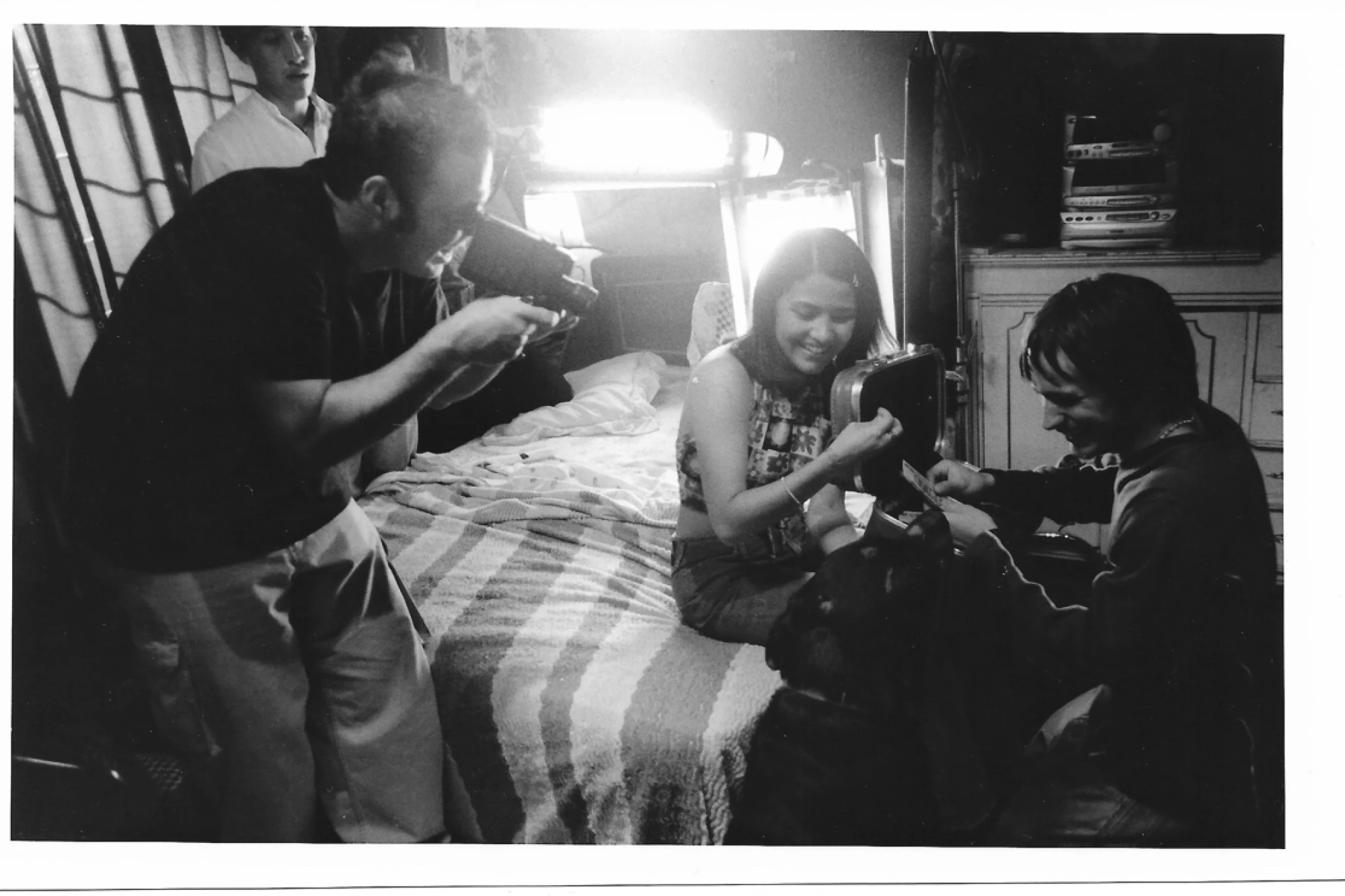_
Hope
Links
- Get link
- X
- Other Apps
Amores Perros (2000)
A car crash is center of the three stories in which all main protagonists are involved : Octavio, who's been entering his dog in fights to raise funds to run off with his brother's wife; Valeria, who struggles to recover from her injuries as her beloved dog is lost under the floor of a new apartment; and El Chivo, a scatter ex-revolutionary hitman who prefers the company of dogs to people
“Amores Perros” is the first entry in Alejandro González Iñárritu’s “Trilogy of Death” and was followed by “21 Grams” and “Babel.” Like those films, “Amores Perros” tells a multi-narrative story in which a group of characters are connected by a single event.
It premiered at the 2000 Cannes Film Festival where it won the Prize of the Critic’s Week. The drama would go on to earn Oscar and Golden Globe nominations for Best Foreign Language Film.
In a recent interview with The New York Times, Iñárritu looked back at his experience debuting “Amores Perros” at Cannes, saying,
“It was the first time ever I attended a film festival in my life. Our budget was so scarce that we decided to stay at a town 25 minutes outside Cannes since the rooms were much less expensive.
Iñárritu recently confirmed he’s been at work restoring “Amores Perros” for the last several months in honor of the film’s 20th anniversary.
The title, loosely translated in English, is "Love's a Bitch," and all three of his stories involve dogs . The film opens with a disclaimer promising that no animals were harmed in the making of the film.
"Octavio and Susana," the first part, begins with cars hurtling through city streets in a chase and gunfight.
There is a bleeding body in the back seat, which belongs to a dog. This is Cofi, the beloved fighting dog of Octavio (Gael Garcia Bernal), a poor young man who is helplessly in love with Susana (Vanessa Bauche), the teenage bride of his own brother Ramiro (Marco Perez).
"Amores Perros" at 154 minutes is heavy on story--too heavy, some will say--and rich with character and atmosphere. It is the work of a born filmmaker, and you can sense Gonzalez Inarritu's passion as he plunges into melodrama, coincidence, sensation and violence. His characters are not the bland, amoral totems of so much modern Hollywood violence, but people with feelings and motives. They want love, money and revenge. They not only love their dogs but desperately depend on them. And it is clear that the lower classes are better at survival than the wealthy, whose confidence comes from their possessions, not their mettle.
-
-
Release date: March 30, 2001 (USA)
Budget: 2 million USD
- Release date: March 30, 2001 (USA)Budget: 2 million USD
Alejandro González
Iñárritu
"Cinema is a mirror by which we often see ourselves."


















.jpg)